April 2 stands as one of history’s most eventful days, witnessing the rise and fall of empires, groundbreaking discoveries, and moments that shaped our modern world across centuries of human achievement.
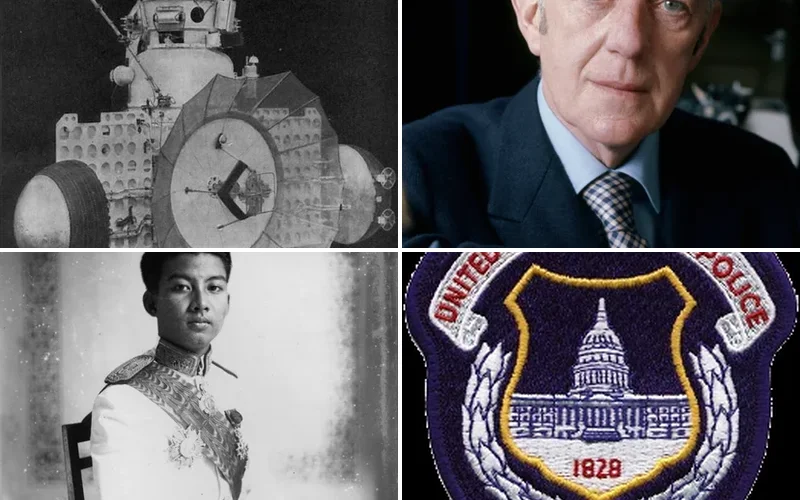
Politics and Government Events on April 2
1917 – American Entry into World War I Declaration Sought
President Woodrow Wilson appeared before Congress to request a declaration of war against Germany. His impassioned speech transformed American isolationism into global military engagement.
The historic address marked America’s decisive entry into the Great War. Wilson’s words fundamentally altered the nation’s foreign policy trajectory for generations to come.
1921 – Autonomous Government of Khorasan Established
Military leaders established the Autonomous Government of Khorasan across modern-day Iran. This military administration represented a significant shift in regional power dynamics.
The autonomous government challenged existing Persian authority structures. Local commanders sought to create independent governance systems throughout the strategically important region.
1930 – Haile Selassie Proclaimed Emperor of Ethiopia
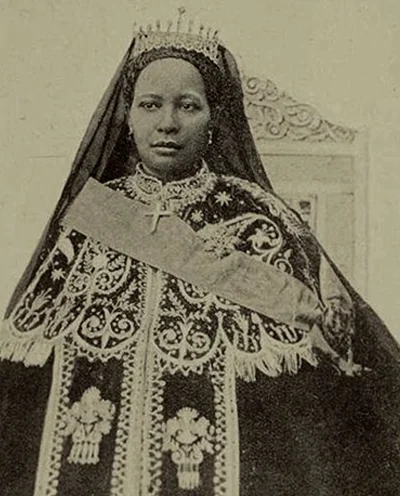
Following Empress Zewditu’s mysterious death, Haile Selassie ascended to Ethiopia’s imperial throne. His coronation ceremony attracted international attention and diplomatic recognition.
The new emperor immediately began modernizing Ethiopia’s governmental structures. His reign would span decades of dramatic political and social transformation throughout the Horn of Africa.
1976 – Prince Sihanouk Resigns and Detained in Cambodia
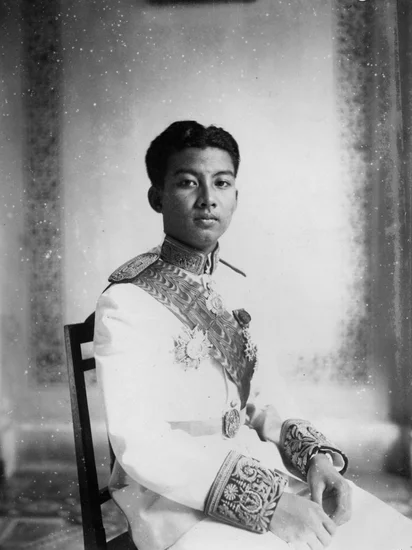
Prince Norodom Sihanouk resigned from Cambodia’s leadership and faced immediate house arrest. Political rivals moved swiftly to consolidate power following his departure.
The prince’s removal marked another turbulent chapter in Cambodia’s unstable political landscape. His detention reflected the ongoing struggles between competing factions for governmental control.
1989 – Gorbachev Visits Castro in Cuba
Soviet leader Mikhail Gorbachev traveled to Havana for diplomatic meetings with Fidel Castro. Their summit aimed to repair deteriorating relations between the communist allies.
The historic meeting occurred during a period of significant Soviet policy changes. Both leaders sought to address economic and ideological tensions that had strained their partnership.
1991 – Rita Johnston Becomes Canada’s First Female Premier
Rita Johnston succeeded William Vander Zalm as British Columbia’s Premier, breaking gender barriers in Canadian politics. Her appointment marked a historic milestone in provincial governance.
Johnston’s ascension represented significant progress for women in Canadian political leadership. Her tenure would pave the way for future female leaders across the country.
Military and Naval History on April 2
1902 – Russian Interior Minister Assassinated
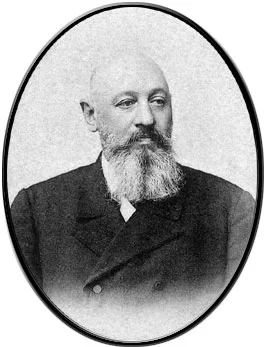
Dmitry Sipyagin, Russia’s Interior Minister, was assassinated at Saint Petersburg’s Mariinsky Palace. Revolutionary forces targeted the government official for his repressive policies.
The killing demonstrated escalating political violence within the Russian Empire. Sipyagin’s death intensified governmental crackdowns on revolutionary activities throughout the country.
1973 – Vietnam War Civilian Refugee Crisis
Thousands of civilian refugees fled Quảng Ngãi Province ahead of advancing North Vietnamese forces. The mass exodus highlighted the war’s devastating impact on innocent populations.
Desperate families abandoned their homes carrying only essential possessions. The refugee crisis illustrated the human cost of prolonged military conflict in Southeast Asia.
1982 – Argentina Invades Falkland Islands
Argentine military forces launched their invasion of the disputed Falkland Islands. The aggressive action triggered immediate international condemnation and British military response.
The invasion marked the beginning of the Falklands War between Argentina and Britain. Naval battles and aerial combat would dominate the South Atlantic for months.
1992 – Bijeljina Massacre in Bosnia
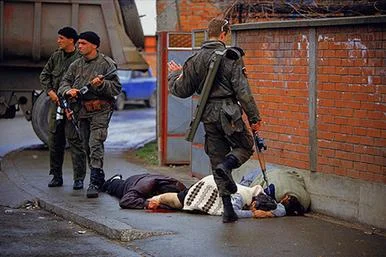
Forty-two civilians were massacred in the Bosnian town of Bijeljina during ethnic conflicts. The brutal killings exemplified the war’s horrific violence against innocent populations.
The massacre occurred during the early stages of the Bosnian War. Such atrocities would unfortunately become commonplace throughout the devastating regional conflict.
2004 – Spanish Train Bombing Attempt Thwarted
Islamist terrorists attempted to bomb Spain’s high-speed AVE train near Madrid. Security forces successfully prevented the attack, avoiding potential catastrophic casualties.
The thwarted bombing followed the devastating Madrid train attacks weeks earlier. Spanish authorities had intensified security measures across the national transportation network.
Science and Discovery Milestones on April 2
1964 – Soviet Union Launches Zond 1
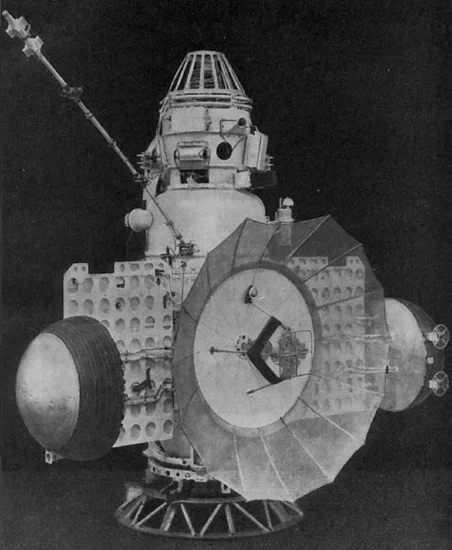
The Soviet space program successfully launched the Zond 1 interplanetary probe. This ambitious mission aimed to explore Venus and advance Soviet space exploration capabilities.
The probe represented significant technological achievements in space navigation systems. Soviet scientists hoped to gather crucial data about Venus’s atmospheric and surface conditions.
1979 – Sverdlovsk Anthrax Accident
A Soviet biological warfare laboratory accidentally released airborne anthrax spores at Sverdlovsk. The deadly accident killed sixty-six people plus numerous livestock in surrounding areas.
The incident exposed dangerous biological weapons research within the Soviet Union. Government officials initially covered up the true nature of the catastrophic laboratory accident.
1972 – LexisNexis Legal Research Service Launched
The revolutionary LexisNexis computerized legal research service began operations. This groundbreaking technology transformed how legal professionals accessed case law and legal precedents.
The system digitized vast legal databases for the first time. Lawyers could now conduct comprehensive research in minutes rather than hours of manual library work.
1911 – Australia’s First National Census
The Australian Bureau of Statistics conducted the nation’s inaugural comprehensive national census. This massive undertaking provided crucial demographic data for governmental planning.
Census workers traveled across the vast continent to count every resident. The detailed population data would guide policy decisions for decades to come.
Cultural and Arts Events on April 2
1902 – America’s First Full-Time Movie Theater Opens
The “Electric Theatre” opened in Los Angeles as America’s first dedicated movie theater. This groundbreaking entertainment venue revolutionized how audiences experienced motion pictures.
The theater’s success inspired similar establishments across the country. Movie-going culture began transforming American social life and entertainment preferences permanently.
1956 – CBS Debuts Revolutionary Soap Operas
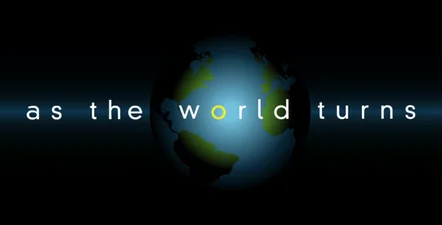
“As the World Turns” and “The Edge of Night” premiered on CBS television. These programs became the first daytime dramas broadcast in the expanded thirty-minute format.
The longer format allowed for more complex storylines and character development. Both soap operas would become cultural phenomena lasting for decades.
1972 – Charlie Chaplin Returns to America
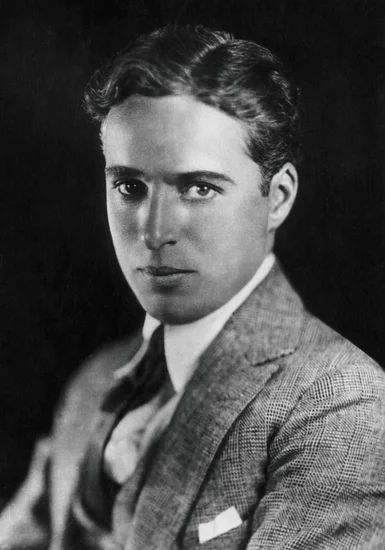
Actor Charlie Chaplin returned to the United States after twenty years of exile. The comedy legend had been blacklisted during the Red Scare for alleged communist sympathies.
His triumphant return marked the end of a painful period in American entertainment history. Chaplin received widespread acclaim for his contributions to cinema art.
1954 – Pulitzer Prize-Winning Photograph Captured
Photographer John L. Gaunt captured the tragic image of a 19-month-old infant swept into ocean tides at Hermosa Beach. The photograph would win the 1955 Pulitzer Prize as “Tragedy by the Sea.”
The powerful image demonstrated photography’s ability to capture human drama and emotion. Gaunt’s work exemplified photojournalism’s impact on public consciousness and social awareness.
Religious and Social Events on April 2
2002 – Church of Nativity Standoff Begins
Israeli forces surrounded Bethlehem’s Church of the Nativity after armed Palestinians sought sanctuary inside. The tense standoff lasted for weeks at Christianity’s holiest site.
The siege captured international attention and diplomatic intervention efforts. Religious leaders worldwide called for peaceful resolution of the dangerous confrontation.
1986 – George Wallace Announces Retirement
Alabama Governor George Wallace announced he would not seek a fifth term and retire from politics. The former segregationist’s departure marked the end of an era in Southern politics.
Wallace’s retirement symbolized changing attitudes toward racial equality in the South. His political legacy remained controversial despite later attempts at reconciliation.
2021 – Capitol Police Officer Killed in Attack

A Capitol Police officer died when an attacker rammed his vehicle into barriers outside the United States Capitol. The violent incident highlighted ongoing security concerns at the nation’s seat of government.
The attack occurred months after the January 6th Capitol riots. Security officials immediately implemented enhanced protective measures around the federal building complex.
Business and Economic Events on April 2
1980 – Crude Oil Windfall Profits Tax Enacted
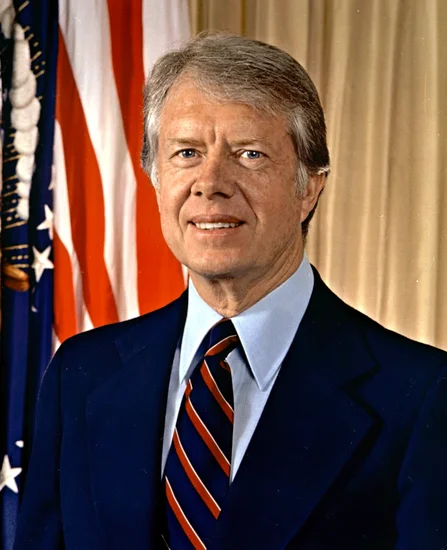
President Jimmy Carter signed the Crude Oil Windfall Profits Tax Act into law. The legislation aimed to capture excess profits from domestic oil companies during the energy crisis.
The tax represented government intervention in energy markets during turbulent economic times. Oil companies faced significant financial impacts from the new taxation policies.
2015 – Hatton Garden Heist Executed
Four men executed what authorities called the “largest burglary in English legal history” at London’s Hatton Garden. The elaborate theft netted items worth up to £200 million from underground safe deposit boxes.
The sophisticated heist required extensive planning and specialized equipment. The criminals exploited security vulnerabilities in the famous jewelry district’s storage facilities.
1992 – John Gotti Convicted of Racketeering
Mafia boss John Gotti was convicted of murder and racketeering charges in New York. The “Teflon Don” received a life sentence, ending his criminal organization’s reign.
Gotti’s conviction marked a significant victory for federal law enforcement. His imprisonment disrupted organized crime operations throughout the New York metropolitan area.
Transportation and Infrastructure on April 2
1912 – RMS Titanic Begins Sea Trials
The ill-fated RMS Titanic commenced its sea trials in preparation for maiden voyage service. The massive ocean liner represented the pinnacle of maritime engineering and luxury.
The trials tested the ship’s mechanical systems and crew readiness. Ten days later, the “unsinkable” vessel would meet its tragic fate in the North Atlantic.
2021 – Taiwan Train Derailment Tragedy

At least 49 people died when a train derailed in Taiwan after a truck accidentally rolled onto the tracks. The devastating accident highlighted railway safety concerns.
The derailment occurred during a holiday travel period with crowded passenger cars. Emergency responders worked frantically to rescue survivors from the wreckage.
2012 – UTair Flight 120 Crashes

UTair Flight 120 crashed immediately after takeoff from Tyumen, Russia, killing 33 passengers and crew. The tragic accident injured ten additional people on board.
The crash prompted investigations into aircraft maintenance and safety procedures. Russian aviation authorities implemented enhanced oversight of domestic airline operations.
2006 – Tornado Outbreak Devastates Tennessee
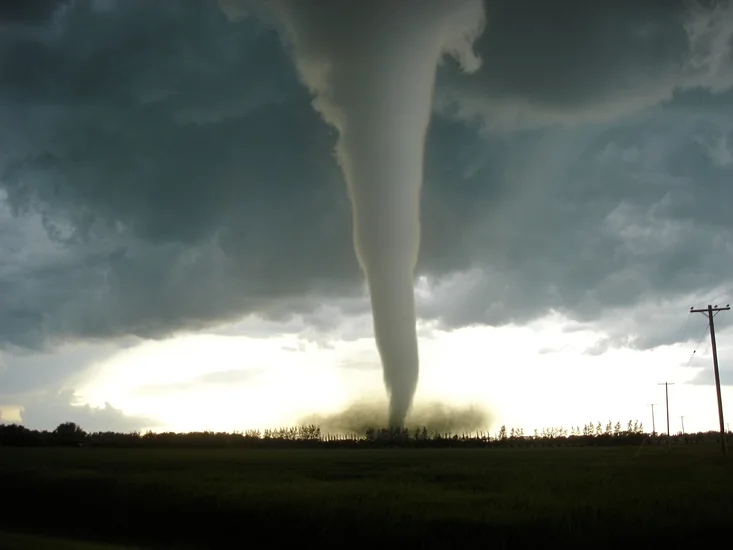
Over 60 tornadoes struck the United States, with Tennessee suffering the worst damage. Twenty-nine people died in the state during the severe weather outbreak.
The powerful storms destroyed entire neighborhoods and caused widespread power outages. Emergency management teams coordinated massive rescue and recovery operations.
Sports and Recreation on April 2
2011 – India Wins Cricket World Cup
India defeated Sri Lanka to win the Cricket World Cup for the second time in history. Captain MS Dhoni led the team to victory on home soil.
The triumph sparked massive celebrations across India as millions of fans celebrated. The victory established India as a dominant force in international cricket competition.
1954 – Hermosa Beach Tragedy Captured
A 19-month-old infant was swept into dangerous ocean tides at Hermosa Beach, California. The tragic incident was photographed by John L. Gaunt, creating an iconic image.
The photograph powerfully illustrated the ocean’s unpredictable dangers to beachgoers. Gaunt’s image would win the 1955 Pulitzer Prize for its emotional impact.
2029 – Fort Hood Shooting Tragedy
A shooting spree at Fort Hood army base in Texas resulted in four deaths, including the gunman. Sixteen additional people suffered injuries in the violent incident.
The tragic event highlighted ongoing concerns about military base security. Army officials implemented enhanced safety protocols following the deadly attack.
Notable Births on April 2
1914 – Alec Guinness Born
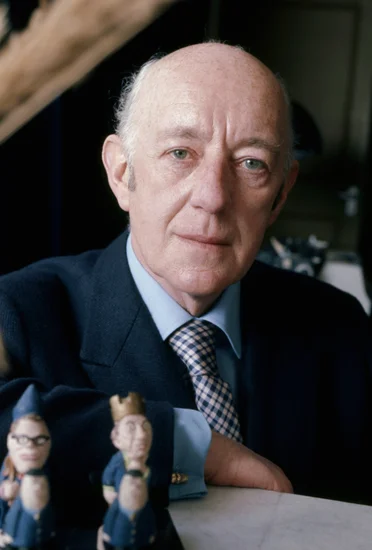
British actor Alec Guinness was born in London, England. His theatrical training at the Royal Academy of Dramatic Art launched an illustrious career.
Guinness would become renowned for his versatility in both dramatic and comedic roles. His performances in films like “The Bridge on the River Kwai” and “Star Wars” achieved international acclaim.
1939 – Marvin Gaye Born
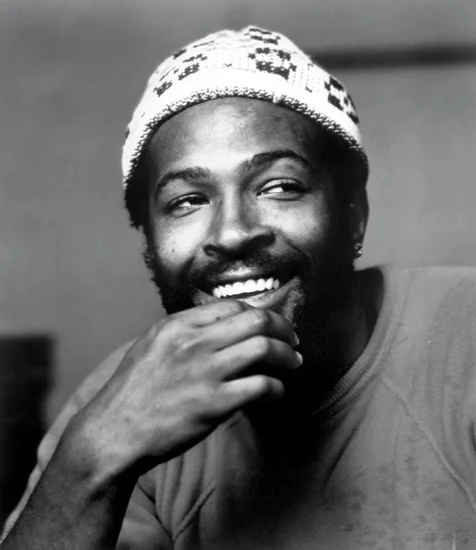
American singer-songwriter Marvin Gaye was born in Washington, D.C. His childhood in the church choir developed his extraordinary vocal talents.
Gaye would revolutionize soul music with hits like “What’s Going On” and “Sexual Healing.” His artistic genius and social consciousness made him a defining voice of American popular music.
1947 – Emmylou Harris Born
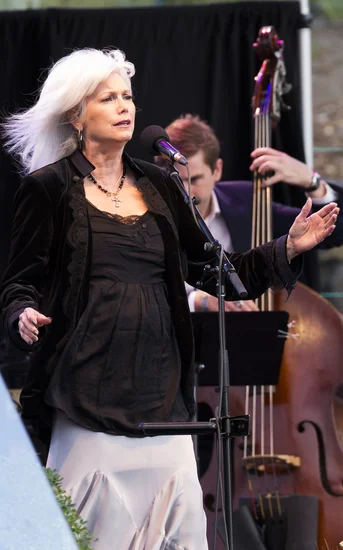
American singer-songwriter Emmylou Harris was born in Birmingham, Alabama. Her early exposure to folk music shaped her distinctive vocal style.
Harris would become country music royalty through collaborations with artists like Gram Parsons. Her pure voice and interpretive skills earned multiple Grammy Awards and industry recognition.
1977 – Michael Fassbender Born

German-Irish actor Michael Fassbender was born in Heidelberg, Germany. His family moved to Ireland during his childhood, influencing his cultural identity.
Fassbender would achieve international fame through intense dramatic performances. His roles in films like “12 Years a Slave” and “Steve Jobs” demonstrated remarkable range and commitment.
1961 – Christopher Meloni Born

American actor Christopher Meloni was born in Washington, D.C. His athletic background and theatrical training prepared him for diverse acting roles.
Meloni would become famous for his portrayal of Detective Stabler on “Law & Order: SVU.” His compelling performance made him a television crime drama icon.
1960 – Linford Christie Born
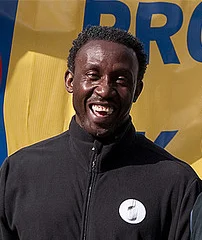
Jamaican-English sprinter Linford Christie was born in Saint Andrew, Jamaica. His family emigrated to England when he was seven years old.
Christie would become Britain’s fastest man and an Olympic champion. His athletic achievements inspired a generation of British sprinters and track athletes.
1975 – Pedro Pascal Born

Chilean-American actor Pedro Pascal was born in Santiago, Chile. His family fled to the United States during political upheaval in his homeland.
Pascal would achieve international stardom through roles in “Game of Thrones” and “The Mandalorian.” His charismatic performances made him one of Hollywood’s most sought-after actors.
Notable Deaths on April 2
2005 – Pope John Paul II Dies

Pope John Paul II passed away at age 84 after serving as the Catholic Church’s leader for 26 years. His death marked the end of one of the longest papal reigns in history.
The Polish-born pontiff had transformed the papacy through extensive global travel and interfaith dialogue. His death prompted an outpouring of grief from Catholics and world leaders worldwide.
2001 – Charles Daudelin Dies
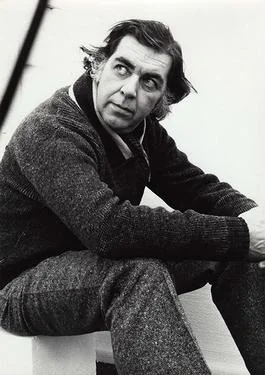
Canadian sculptor and painter Charles Daudelin died at age 80. His monumental public artworks defined Canada’s cultural landscape for decades.
Daudelin’s sculptures adorned major cities across Canada, including Montreal and Toronto. His artistic legacy continued inspiring Canadian artists and public art initiatives.
1987 – Buddy Rich Dies

American drummer Buddy Rich died at age 69 after a legendary career spanning five decades. His technical virtuosity and showmanship revolutionized jazz drumming.
Rich’s explosive performances and perfectionist standards influenced countless musicians. His legacy as one of history’s greatest drummers remains undisputed among jazz enthusiasts.
1974 – Georges Pompidou Dies
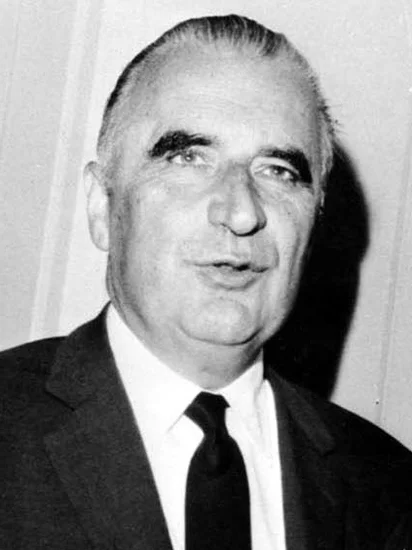
French President Georges Pompidou died in office at age 62. His death shocked France and triggered immediate succession procedures.
Pompidou had modernized France’s economy and infrastructure during his presidency. His unexpected death left unfinished many of his ambitious national development projects.
1995 – Hannes Alfvén Dies
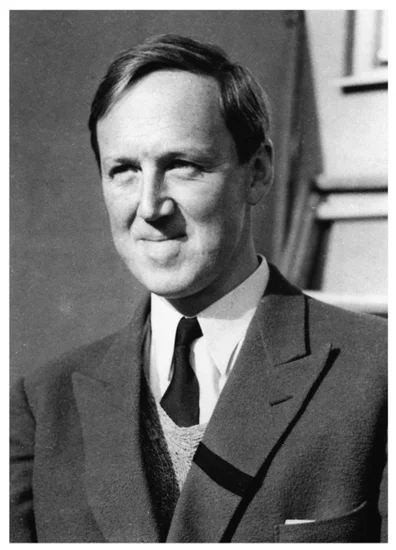
Swedish physicist Hannes Alfvén died at age 86 after winning the Nobel Prize for his plasma physics research. His theoretical work revolutionized understanding of magnetized plasmas.
Alfvén’s discoveries about magnetohydrodynamics advanced both space physics and fusion energy research. His scientific contributions continue influencing modern plasma physics applications.
1997 – Tomoyuki Tanaka Dies
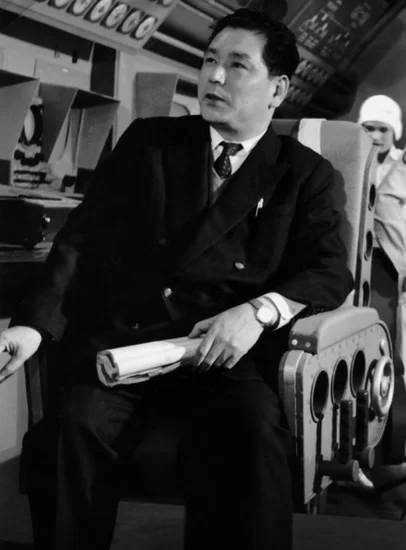
Japanese film producer Tomoyuki Tanaka died at age 86 after creating the Godzilla franchise. His monster movies became global cultural phenomena.
Tanaka’s vision transformed Japanese cinema and influenced international science fiction filmmaking. His kaiju films entertained millions while addressing serious social themes.
2022 – Estelle Harris Dies
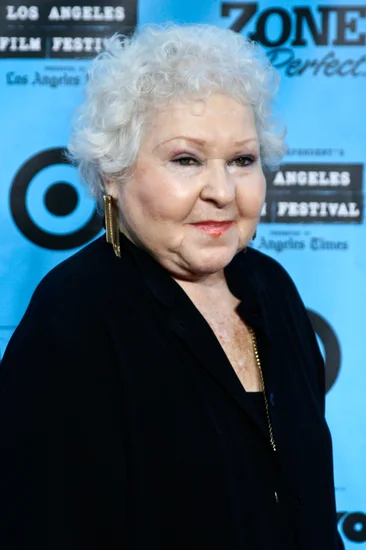
American actress Estelle Harris died at age 93 after a distinguished career in television and film. Her voice acting brought memorable characters to life.
Harris became famous for voicing Mrs. Potato Head in “Toy Story” films. Her comedic timing and distinctive voice made her a beloved entertainment industry figure.
Holidays and Observances on April 2
World Autism Awareness Day
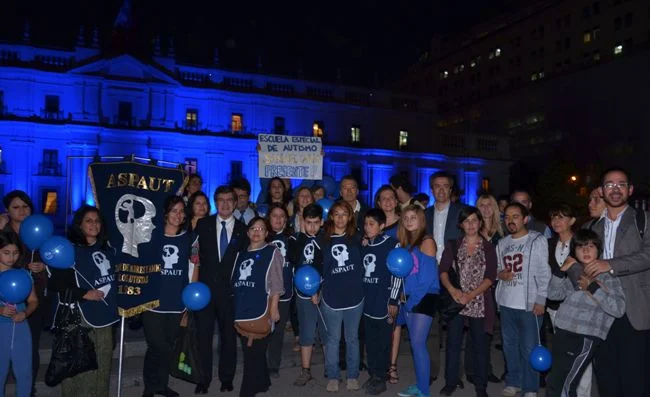
The United Nations designated April 2 as World Autism Awareness Day to promote understanding and acceptance. This international observance highlights autism spectrum disorders and advocacy efforts.
Organizations worldwide coordinate educational campaigns and fundraising activities. The day encourages communities to embrace neurodiversity and support individuals with autism.
International Children’s Book Day
International Children’s Book Day celebrates literature’s importance in young people’s development. The observance promotes literacy and reading among children globally.
Publishers and libraries organize special events featuring authors and illustrators. The day emphasizes books’ role in fostering imagination and educational growth.
Malvinas Day
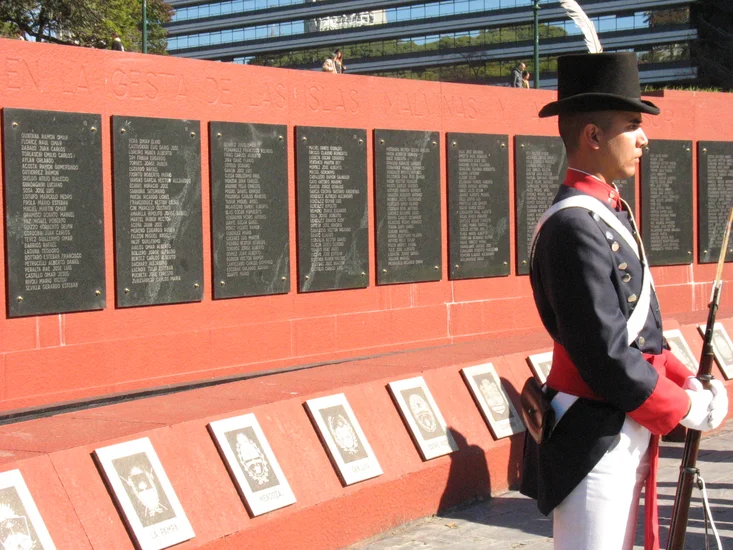
Argentina observes Malvinas Day to commemorate the 1982 invasion of the Falkland Islands. The national holiday honors veterans and fallen soldiers from the conflict.
Argentine citizens participate in memorial ceremonies and patriotic displays. The observance reinforces Argentina’s territorial claims over the disputed islands.
Unity of Peoples of Russia and Belarus Day
Belarus celebrates the Unity of Peoples of Russia and Belarus Day to strengthen bilateral relations. The holiday promotes cultural and political cooperation between the neighboring nations.
Government officials participate in joint ceremonies and cultural exchanges. The observance emphasizes shared history and common interests between the two countries.
